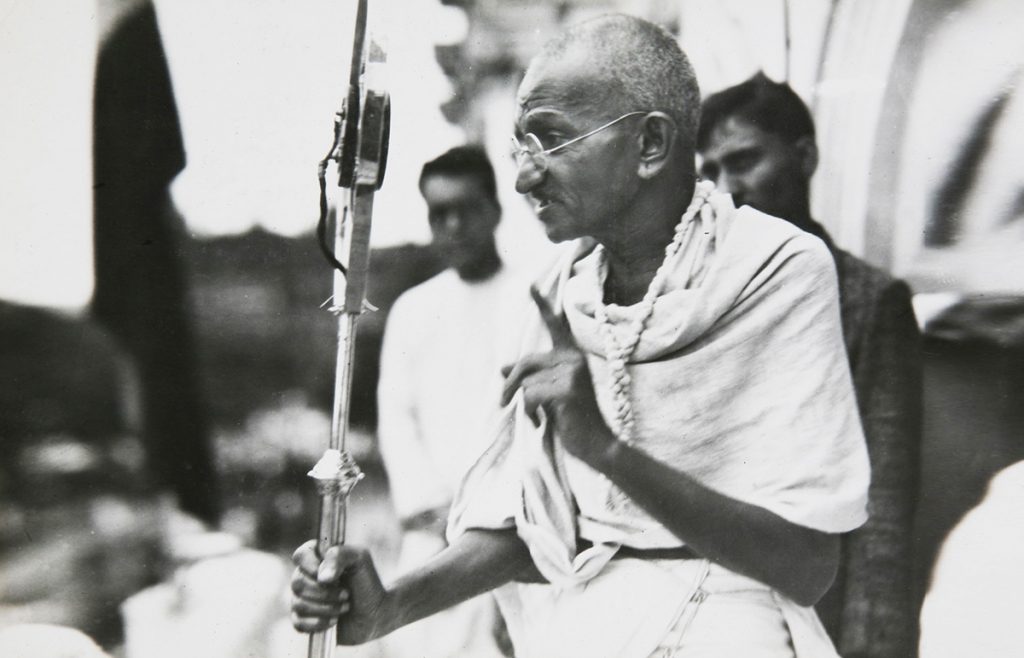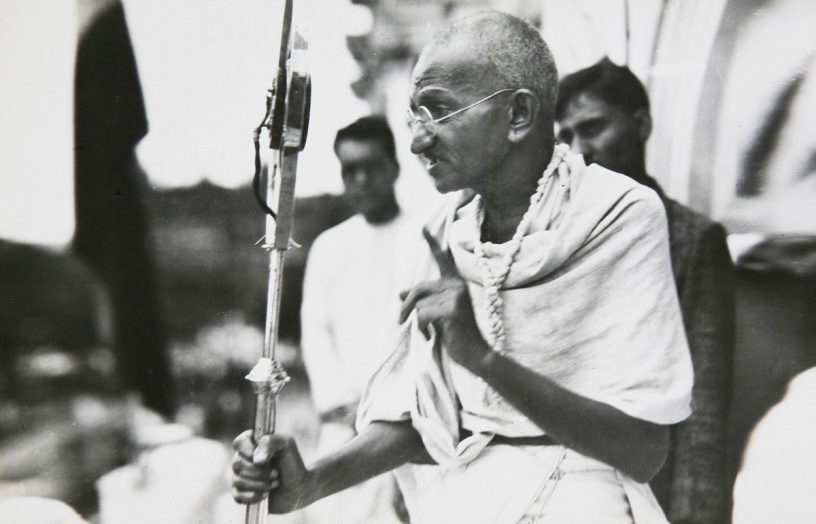
His appeal to conscientious politics and nobility of spirit continues to be a strong ethical response to political issues.
Authors:
Ramin Jahanbegloo, Professor & Vice Dean and Executive Director, Mahatma Gandhi Centre for Peace Studies, O. P. Jindal Global University, Sonipat, Haryana, India.
Summary:
Nearly 74 years after his death, Gandhi remains the most widely known political leader of modern India. Gandhi’s stature as a major historical figure was confirmed by his successful non-violent movement against British rule in India. Yet, what makes Gandhi so relevant and meaningful for our world is that his political legacy and his philosophical significance continue to inspire millions of people around the globe — to fight against inequality, injustice and historical wrongs.
An imperative
Accordingly, what distinguishes Gandhi from all politicians in today’s world is not only his simplicity and honesty — which have become rare characteristics for many men and women who pretend to represent our wills and wishes around the globe — but also his belief in the moral growth of humanity. In a world such as ours which suffers from an immaturity of politics and politicians, either in tyrannical situations such as Afghanistan, Myanmar, Syria, etc. or in democracies such as the United States, Spain, Poland, India, etc. reading Gandhi as a lesson of political maturity is an ethical imperative. As such, and not strangely, Gandhi believed in no divorce between politics and ethics. For Gandhi, politics was essentially an ethical mode of conduct
He never pretended to be a teacher of truth. However, others took him to be a guru, and there is no doubt that his attempts to encourage people to experiment with the truth were both philosophical and pedagogical.
Published in: The Hindu
To read the full article, please click here


